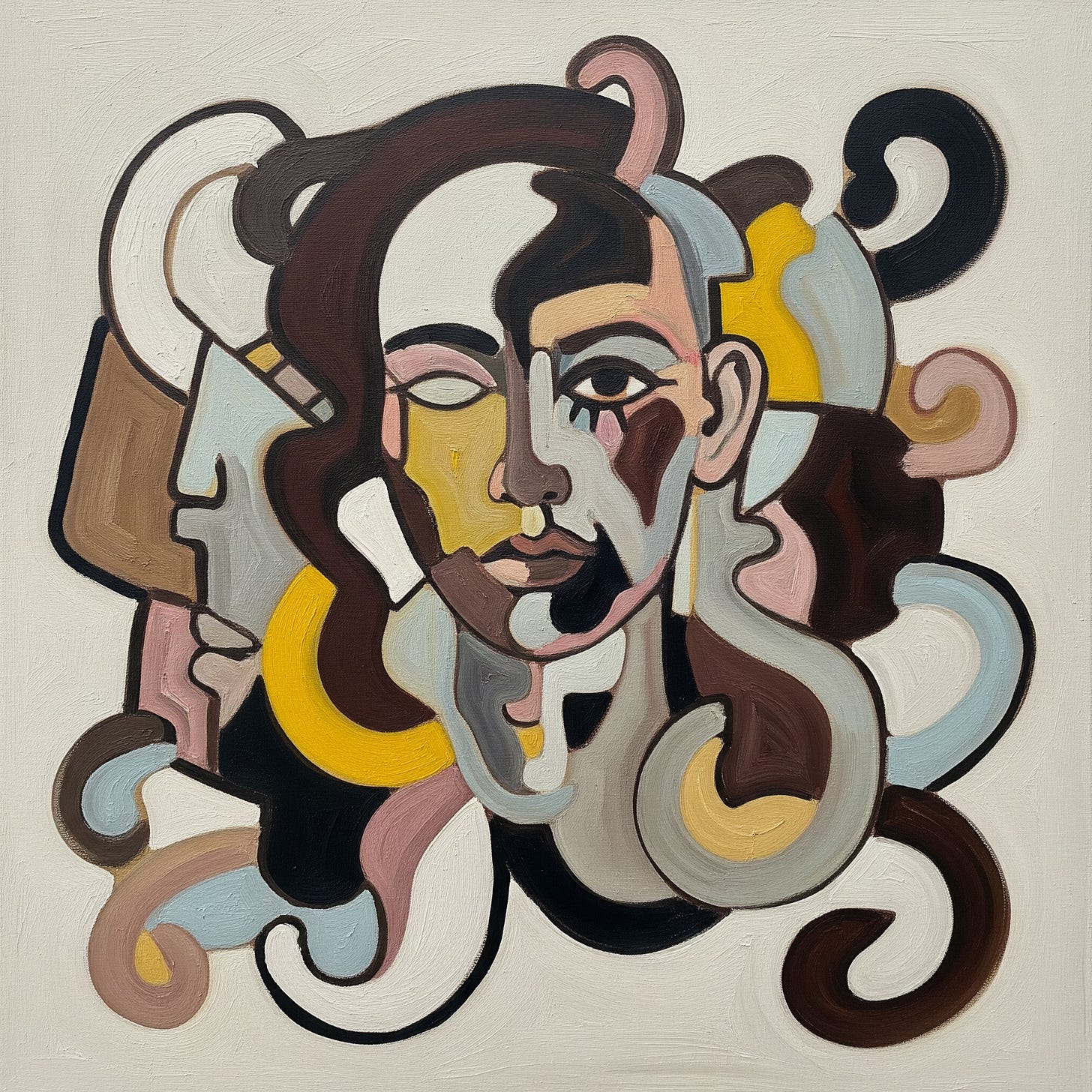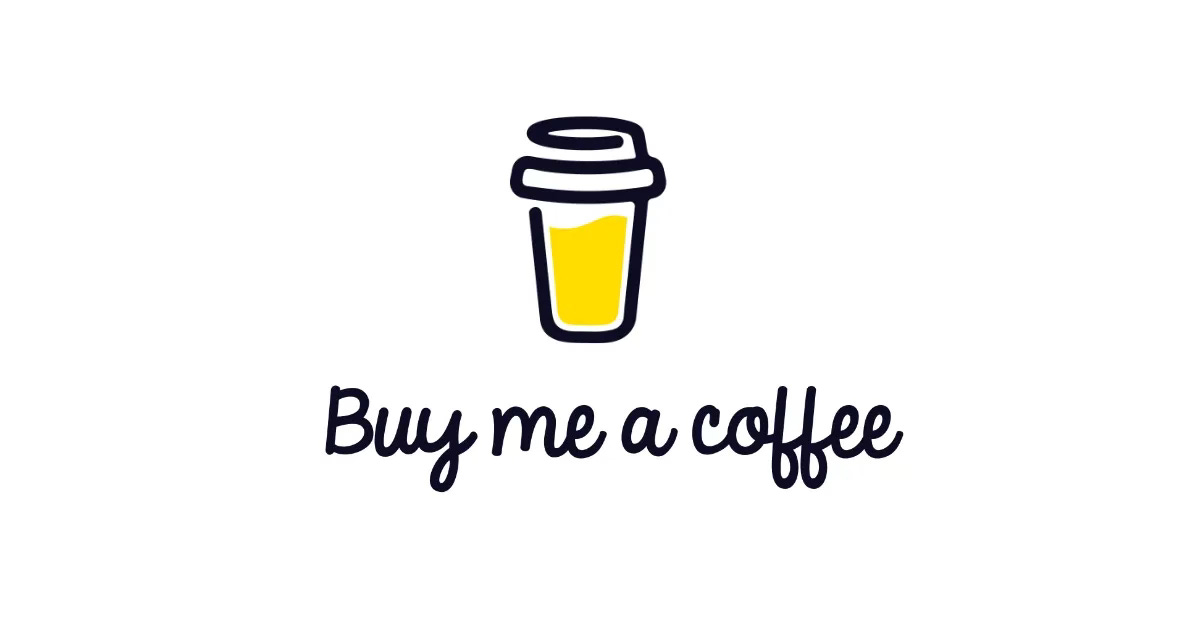Ethics
Decisions Philosophical Compass
Integrity, build Your Moral Fitness
Ethical excellence, too, is built through consistent, thoughtful decision making.
"We are what we repeatedly do. Excellence, then, is not an act, but a habit." - Aristotle's
So, Would you lie to save a life?
What if that lie costs you your job, your reputation, or even your freedom?
Most of us might instinctively say yes, but the real test comes when ethics demands sacrifice, not comfort.
This is the very essence, a conscious lean into the challenging realm of ethical choice. As someone who wrestles with high-stakes decisions daily, you often leaned on ethics not as a dry academic theory, but as a vital survival tool. It's the silent guide that helps navigate the complex currents of responsibility and consequence.
The Indispensable Role of Ethical Frameworks
When faced with a decision that has moral implications, and almost every decision does, however subtly philosophical ethics offers distinct frameworks to help us analyze, evaluate, and ultimately choose our course of action.
These aren't rigid algorithms but rather lenses through which we can perceive and weigh the moral dimensions of a situation.
They are the quiet tools that help us build "mental muscle" for the bigger, unavoidable difficulties.
1. Deontological Decision-Making
The Path of Duty and Principle
Imagine you're an engineer and discover a flaw in a product that, if ignored, could lead to minor inconvenience for many users but correcting it would halt production and cost your company millions.
A deontologist would ask: "What is my duty here? What moral rules or principles are at stake?" Your focus would be on the inherent rightness or wrongness of the act itself, irrespective of the outcome. A core principle might be honesty or professional integrity. Therefore, your duty to report the flaw truthfully, even if it leads to severe consequences for the company, would be paramount.
The decision is right because it aligns with a universal moral obligation, like "do not knowingly produce a faulty product" or "uphold your professional responsibilities." It’s like taking the stairs because it’s simply the right thing to do for your long-term well-being, regardless of how your legs feel in the moment.
2. Consequentialist Decision Making
The Path of Optimal Outcomes
Consider a town council deciding whether to build a new, much needed hospital that would require demolishing a historic, beloved park.
A consequentialist, particularly a utilitarian, would ask: "Which action will produce the greatest good for the greatest number of people?" Your focus shifts entirely to the anticipated results. You would weigh the potential benefit of improved healthcare for the entire community against the emotional and recreational loss of the park. You'd choose the option that maximizes overall well-being or minimizes overall harm.
The decision is right if its consequences are the most beneficial. This is choosing the slightly harder path today because you understand its profound, positive impact on your capabilities and future. It's the "greater good" principle in action.
3. Virtue Ethical Decision Making
The Path of Character
Imagine you witness a close friend plagiarizing a significant portion of their final paper. Confronting them could jeopardize your friendship, but remaining silent feels wrong.
A virtue ethicist would ask: "What would a virtuous person do in this situation? What action aligns with the character traits I aspire to embody?" Your focus is on your moral character and the cultivation of virtues like honesty, integrity, courage, and loyalty. You would consider which choice reflects the kind of person you want to be, rather than just focusing on rules or outcomes.
Confronting your friend, despite the discomfort, might be seen as an act of courageous honesty and integrity, reflecting your commitment to truth and fairness.
This is the quiet work of cultivating your brave spirit, through every choice. It’s not just what you do, but who you become in doing it.
Ethical Decision Making Frameworks
Here’s a quick overview to help you internalize the differences:
Deontology
Focus: Rules, Duties, Principles
Key Question: What is my obligation?
Virtues: Integrity, Honesty
Consequentialism
Focus: Outcomes, Results
Key Question: What does the most good (for the most people)?
Virtues: Empathy, Benevolence
Virtue Ethics
Focus: Character, Moral Agent
Key Question: What would a good person do?
Virtues: Courage, Justice
Integrating Ethics into the Decision Process
While these frameworks offer distinct starting points, in practice, ethical decision-making often involves a blend of these approaches. A systematic process can help us engage in this "deliberate discomfort" of ethical choice:
Recognize the Ethical Issue: Is there a conflict of values? Are rights being violated? Is there potential harm? This is your internal alarm, signaling a need for conscious thought.
Gather the Facts: Understand the situation thoroughly. Who are the stakeholders? What are the relevant details, laws, and policies? Don't let assumptions cloud your judgment.
Identify Stakeholders: Who will be affected by this decision? What are their interests, concerns, and potential impacts? True wisdom considers the ripple effect.
Consider Alternative Actions: Brainstorm all possible courses of action, even those that seem difficult or unpopular. Don't shy away from the unfamiliar.
Apply Ethical Frameworks: Evaluate each alternative through the lenses of deontology (duties, principles), consequentialism (outcomes, greatest good), and virtue ethics (character, what a virtuous person would do).
Reflect and Justify: Which alternative best aligns with a reasoned ethical position? Can you defend your choice to others? How does it resonate with your deepest values?
Make the Decision and Act: Once a reasoned decision is made, act on it with conviction. This is where intention meets action.
Reflect on the Outcome: After the decision is made and its consequences unfold, reflect on what was learned. What went well? What could be improved next time? This continuous learning loop is vital for ethical growth, building your perseverance.
The Unexpected Gifts of Ethical Inquiry
Ethical decision-making is rarely easy. It often involves navigating conflicting values, incomplete information, and the pressure of personal and external biases. It requires:
Intellectual Courage: To question assumptions and challenge comfortable norms.
Empathy: To understand the perspectives and potential impacts on all affected parties.
Integrity: To act in accordance with one's reasoned moral convictions, even when it's difficult or unpopular.
Just as embracing physical discomfort strengthens the body, embracing the intellectual discomfort of ethical inquiry strengthens our moral compass. By intentionally applying philosophical ethical frameworks to our decision-making, we move beyond reactive choices to proactive, principled actions.
We don't just "do the right thing"; we understand why it's the right thing, and in doing so, we cultivate the kind of character that can truly navigate life's complexities and lead us, through hardship to a more ethically illuminated existence.
🟡 enjoyed my post? to support my work 👉 Click Here Let’s have some coffee ☕️





When faced with a serious ethical decision, one which might not just compromise your life but endanger it—and perhaps people you lovei, the thought process is quite different. Reality, unlike your complex reasoning process, always varies within a time frame.
Many narratived in fiction (Zola’s novels) and real life are split second decisions. Which alternative can you live with? That is the visceral response of human beings. “Kill or be killed?” Give a false aquiesence like the cucumber fish and escape etc. in my life it tskes the pressure of time to focus in the time you must make it. And there is no time to review different processes.
This made me pause and ask myself: when was the last time I chose discomfort for the sake of doing what’s right? Thank you for reframing ethics as a habit of strength, not just an intellectual exercise.